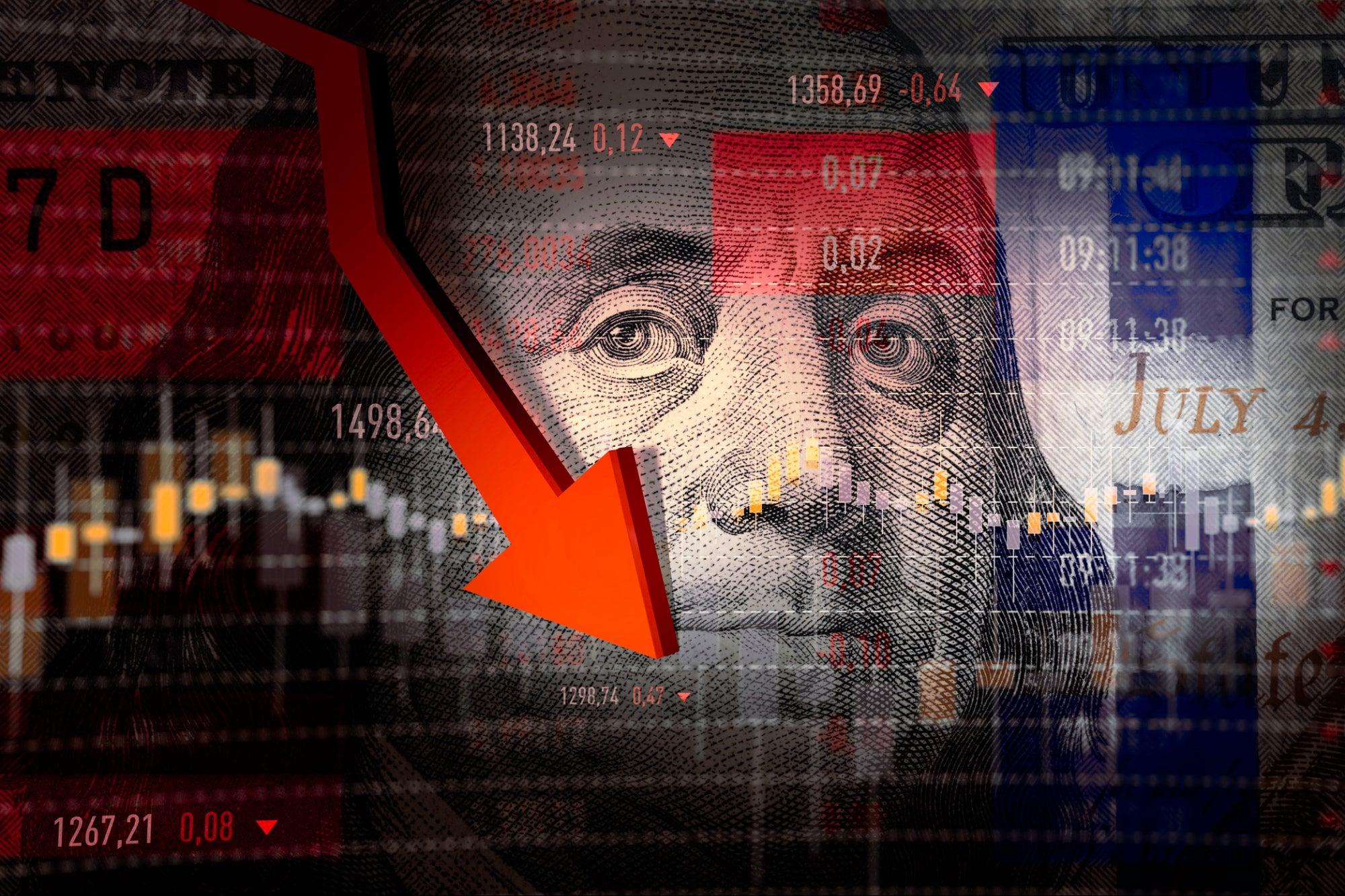Wall Street tells Washington: Consequences of U.S. default or prolonged debt debate are 'unquantifiable'
Wall Street tells Washington: Consequences of U.S. default or prolonged debt debate are 'unquantifiable'
"The short-term impacts of a protracted negotiation are costly; the long-term implications of a default are unthinkable," current and former leaders of the Treasury Borrowing Advisory Committee said in a letter addressed to U.S. Treasury Secretary Janet Yellen. "The magnitude of adverse consequences from a prolonged negotiation, or a default, is unquantifiable."
The group includes Goldman Sachs executives Beth Hammack and Ashok Varadhan, former JPMorgan COO Matt Zames, and Citigroup co-head of Global Rates Deirdre Dunn.
The current stalemate could also undermine the foundation of the U.S. Treasury bond market, they said in the letter.
"A protracted standoff over the debt limit will dramatically increase taxpayer costs and exacerbate market stress. Further, any delay in making an interest or principal payment by Treasury would be an event of seismic proportions, not only for financial markets but also the real economy," they said.
The group also said the U.S. debt limit might need to be revoked altogether, adding that the uncertainty of the current debt cap standoff is pushing financial firms to set aside time to prepare for a possible default scenario.
"Market participants are already undertaking significant preparations to reduce exposure in case of a possible default. The costs of the standoff extend well beyond what is seen in markets, as default preparations require operational, liquidity and solvency plans. This is time taken away from already extensive risk management and is particularly pernicious amid an evolving banking crisis," the letter said.
The letter urged the debt ceiling to be lifted "with all due haste" and called for a more permanent solution to the problem.
"It is time to introduce an alternative method of enforcing fiscal responsibility, by either requiring the limits to be raised simultaneously with appropriations or by repealing the debt limit altogether," the letter said.
Wall Street executives also warned that rating agencies are already considering downgrading the U.S. government.
"There will be a direct impact on any issuer whose credit relies on backing from the U.S. government ... A broader range of issuers would be indirectly impacted, due to their reliance on U.S. government funding, payments, or investments," the letter said.
On Tuesday, U.S. President Joe Biden met with House Speaker Kevin McCarthy and other congressional leaders to discuss the debt ceiling issue, but progress is yet to be made.
In the next few weeks, the debt ceiling will be a critical unknown element when making trading decisions, said Pepperstone head of research Chris Weston.
"It is incredibly painful for all market participants, but it can radically alter our trading environment and reverse the low volatility regime, we have found ourselves in recently," Weston said Wednesday. "Like most of the traders I speak to, we know the debt limit will be lifted; it must be – the question is when we get the volatility, and what will be the duration and to what extent."
The big concern for traders will be growth. "Either certain payments are missed and that significantly impacts consumer and business confidence, at a time when U.S. economics is already fragile and the U.S. is headed towards recession. Or we see an agreement, that despite the Democrat's strong disdain for spending cuts, includes measures which could be a drag on growth," Weston explained.
Making the situation more dire is that U.S. lawmakers have just about a week to resolve the issue because of calendar conflicts.
"With the recess calendar for the Senate, House and Biden's own schedule, there are JUST 7 days to get this done," Weston added. "Knowing the REP's have a 4-seat advantage in the House gives them very little room to and if a bill is put to the floor, it will fail if 4 of the 222 REP votes against it – it will be shot down straight away."



